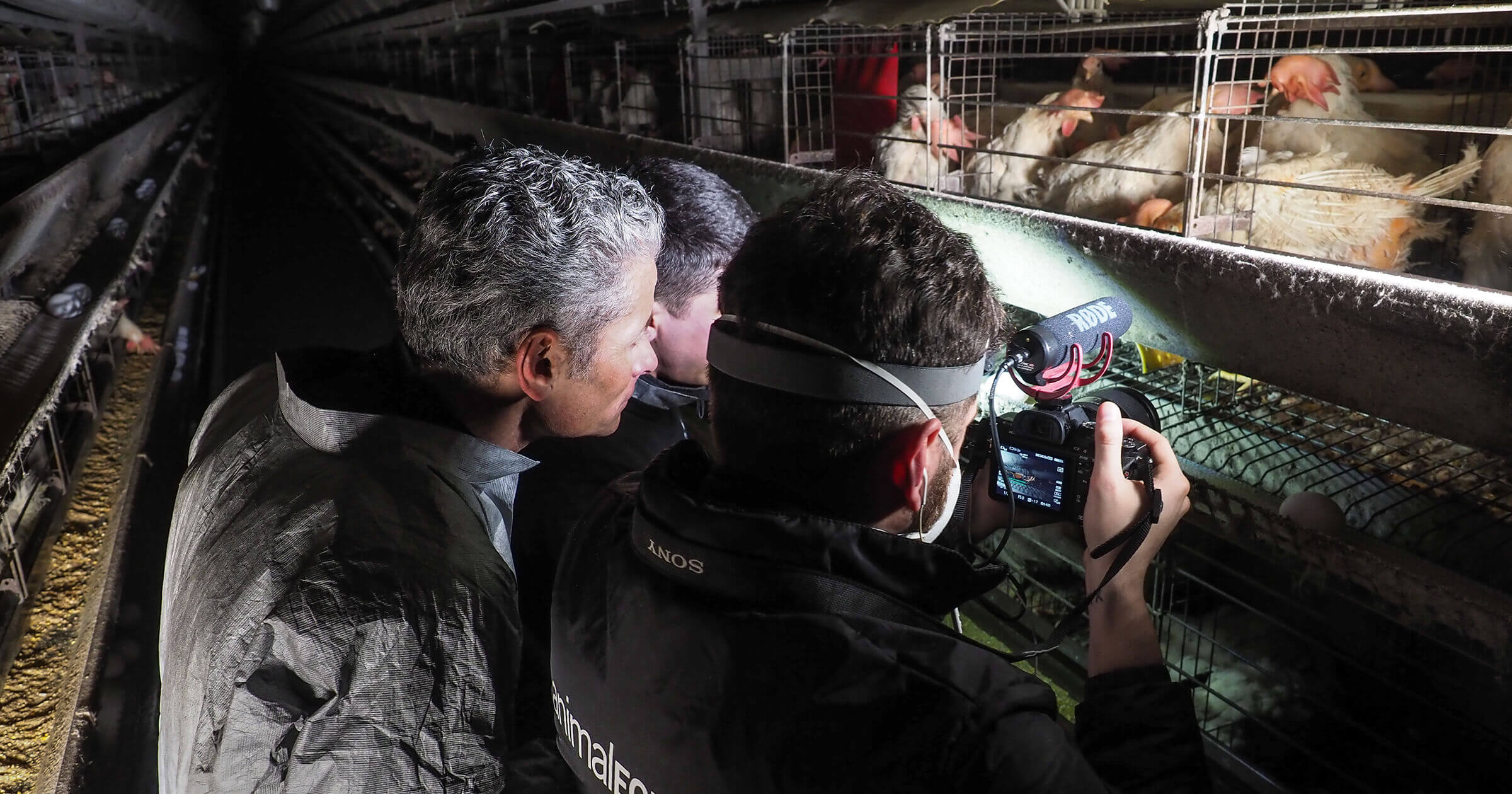
Recommended Charity Fund: Six-Month Update
Last July, thanks to the generous support of donors to ACE’s Recommended Charity Fund, we distributed $23,930.83 to our 2017 Top Charities and Standout Charities. Each charity has provided us with an update on how they’ve used their grants to help animals over the past six months, and we’re excited to share their achievements. By making a single gift to our Recommended Charity Fund, you can support multiple highly effective charities working hard to reduce animal suffering around the world.
2017 Top Charity Updates
Animal Equality
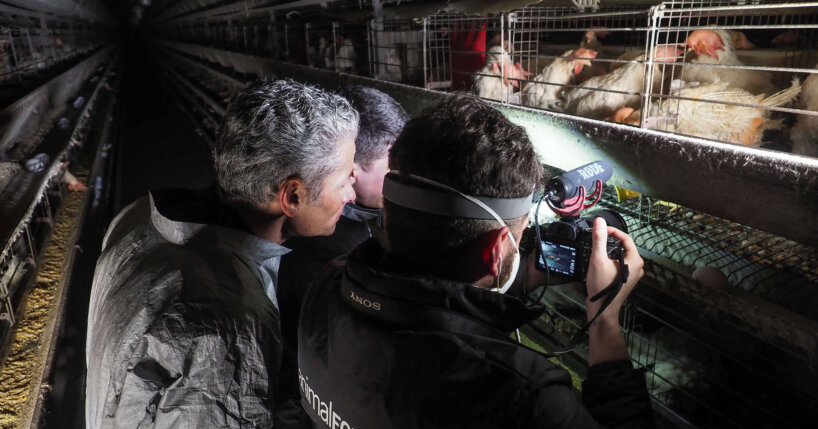
Animal Equality has used their resources from the Recommended Charity Fund to make some considerable progress on behalf of farmed animals. In the second half of 2018, they successfully released several investigations, supported important legal advocacy, and engaged in large-scale corporate outreach programs.
They released nine investigations exposing the horrors of factory farming, including an exposé of a foie gras farm in France that was featured in top media outlets worldwide, and which they project will impact over 911,000 ducks and geese. They also conducted a U.K. pig farm investigation at Fir Tree Farm.
Animal Equality played a critical role in passing one of the strongest animal welfare measures in history. Prop 12, which was passed in California, will significantly upgrade the laws relating to the extreme confinement of farmed animals sold within the state. Additionally, they worked to help defeat the King Amendment, which threatened to negate some existing animal protection laws and would have prohibited states from passing certain new animal protection measures.
The corporate team at Animal Equality convinced over 25 companies in five countries—including leading retailers Carrefour, Ferrero, and Eurospin—to adopt animal protection policies that they estimate will reduce the suffering of nearly five million egg-laying hens each year.
The Good Food Institute
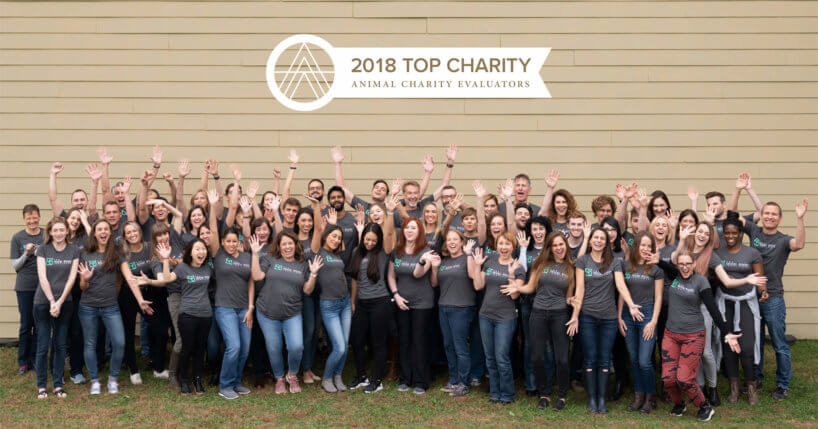
The Good Food Institute (GFI) invested their Recommended Charity Fund grant in various programs to advance their goal of accelerating the shift to a more sustainable, healthy, and just food system. For instance, GFI held (and sold out) the first-ever Good Food Conference. The conference, which focused on the commercialization of plant-based and cell-based (cultured) meat, included participants from some of the world’s largest food produces such as ADM, Tyson, Smithfield, and more. In 2018, GFI’s SciTech team also published a chapter in the Encyclopedia of Food Chemistry and facilitated a two-day workshop with more than 25 top scientists from a multi-billion dollar life science company. Additionally, their policy team filed multiple regulatory comments on behalf of GFI and a handful of startups with regard to cell-based meat’s marketplace entry. They also lobbied extensively to prevent harmful cell-based meat legislation from passing, with results looking promising so far.
GFI published a list of essential readings and research and a list of must-see/hear videos and audio clips related to plant-based and cell-based food technology. The resources feature both overviews and deep dives into the industry, as well as policy briefs, environmental factsheets, and more. Executive Director Bruce Friedrich also appeared for the second time on Rich Roll’s podcast (which you can listen to or watch here). On the podcast, he presented GFI’s strategy, discussed their programs, and described the current state of the plant-based and cell-based meat industries. GFI also made appearances in National Geographic, Bloomberg News, The Wall Street Journal, The Guardian, NPR, the AP, Politico, Vox, The Financial Times, Slate, and more.
The Humane League
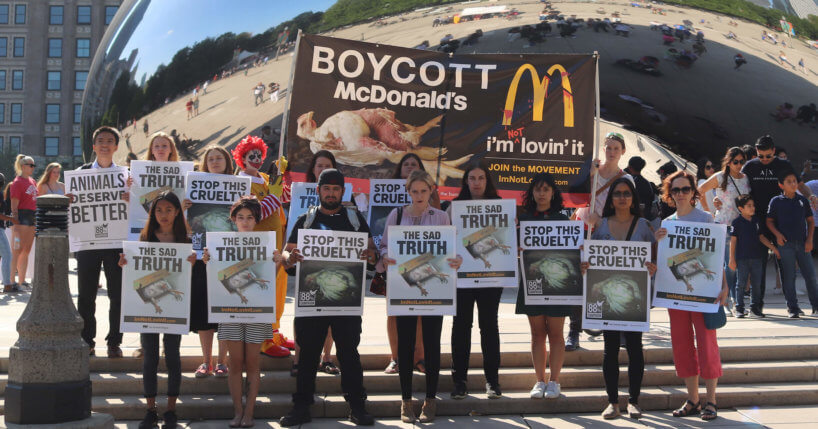
Thanks to the generous Recommended Charity Fund donors, The Humane League executed a week of coordinated, high-impact actions as part of their I’m Not Lovin’ It campaign. Last year, The Humane League launched this ambitious campaign alongside a coalition of animal protection organizations—their shared goal is to pressure McDonald’s to commit to sweeping reforms for the 350 million chickens in its supply chain who endure some of the worst abuses on factory farms. In August 2018, The Humane League’s staff descended on McDonald’s brand new Chicago headquarters to orchestrate a week of disruptions, garnering media attention and causing public uproar against McDonald’s. The week of actions included full-day demonstrations outside the headquarters, visits to dozens of McDonald’s locations and key business partners, a lighted nighttime demonstration on a bridge over one of Chicago’s busiest highways, and a march through notable Chicago landmarks accompanied by more than 10 police officers.
The Chicago events coincided with a similar week of actions in London that included geo-targeted ads, high-visibility stunts like a Ronald McDonald flash mob, a petition drop including a giant “UnHappy Meal,” and a protest crawl. Alongside their coalition partners, The Humane League continues to ramp up the pressure on McDonald’s and demand the company make meaningful changes for the animals in its supply chain.
2017 Standout Charity Updates
Albert Schweitzer Foundation1
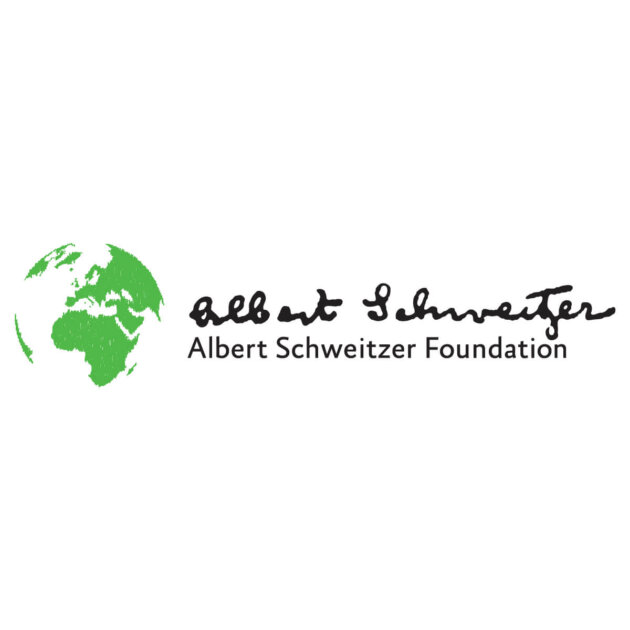
With support from the Recommended Charity Fund, Albert Schweitzer Foundation continued their work to improve the lives of chickens. Last September, they launched a campaign against Dr. Oetker, a German multinational company that produces a variety of food products. As part of their Broiler Chicken Campaign, Albert Schweitzer Foundation created an online petition and organized a protest with local activists in front of the company’s headquarters. Their actions received wide press coverage, resulting in Dr. Oetker assuring they will raise their broiler protection standards.
Albert Schweitzer Foundation also supported the international Cage-Free Campaign against Marriott Hotels with a big street campaign. The largest hotel chain in the world was persuaded to give in, and they have committed to phase out caged eggs by 2025. Shortly after Marriott’s commitment, the industry giant Hyatt Hotels followed suit.
In addition, Albert Schweitzer Foundation convinced German retail company REWE Group to discontinue some products from its product line that are particularly cruel to animals. That includes products with fur or feathers made from live plucking and skinning.
Compassion In World Farming USA (Compassion USA)
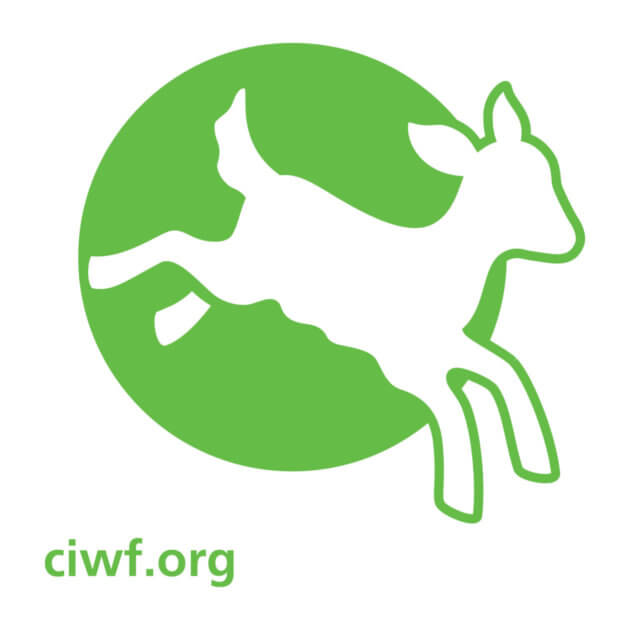
Thanks to the support of donors to the Recommended Charity Fund, Compassion USA continued their work to end factory farming using bold and innovative strategies. Last October, they published their second annual EggTrack report. This unique tool aims to ensure that companies will stick to their cage-free commitments on or ahead of schedule via increased accountability and transparency. They also launched ChickenTrack, a tool that will track the progress of broiler chicken welfare commitments. After close collaboration with Compassion USA, Wayne Farms announced substantial prioritization and increased the distribution of their first-ever higher-welfare chicken products.
Compassion USA also recruited food giants like Compass Group and Bon Appétit to take part in 25×25. This campaign, which is their boldest to date, seeks to achieve a 25% reduction of animals in supply chains by 2025. Compassion also engaged supporters to take action to oppose (i) faster chicken slaughter line speeds, (ii) the dangerous King Amendment to the Farm Bill, and (iii) the routine use of antibiotics on factory farms.
Faunalytics
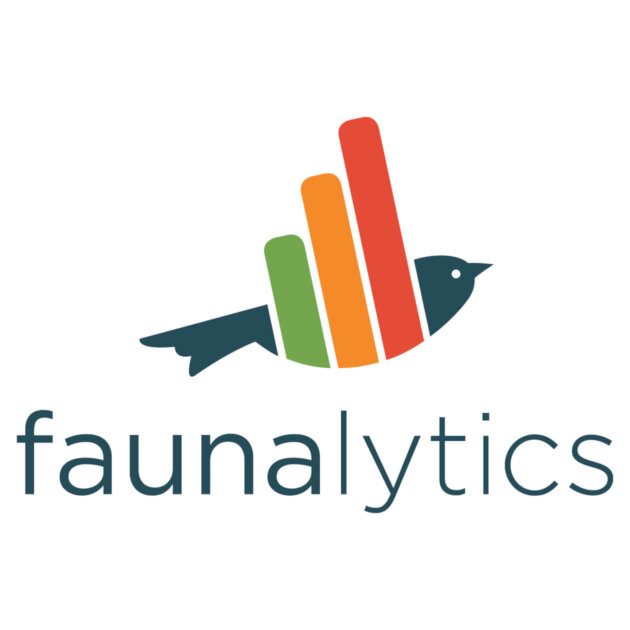
Faunalytics completed four major studies in 2018 relating to farmed animals and various “meta” topics. They used their Recommended Charity Fund grant to expand their work on donor profiling and behavior. Specifically, they reanalyzed a dataset provided by the Blackbaud Institute and Edge Research to obtain a detailed profile of people who donate to animal causes. The results helped Faunalytics plan more research in this important area of animal advocacy and provided valuable resources to the movement as a whole.
In November, Faunalytics completed the data collection on their own study of donor behavior to provide an in-depth look at the people who donate to animal causes. The study, which is based on a representative sample of U.S. donors to animal causes, includes an analysis of why and how donors give. Results from this new study will be published in the first quarter of 2019.
L214
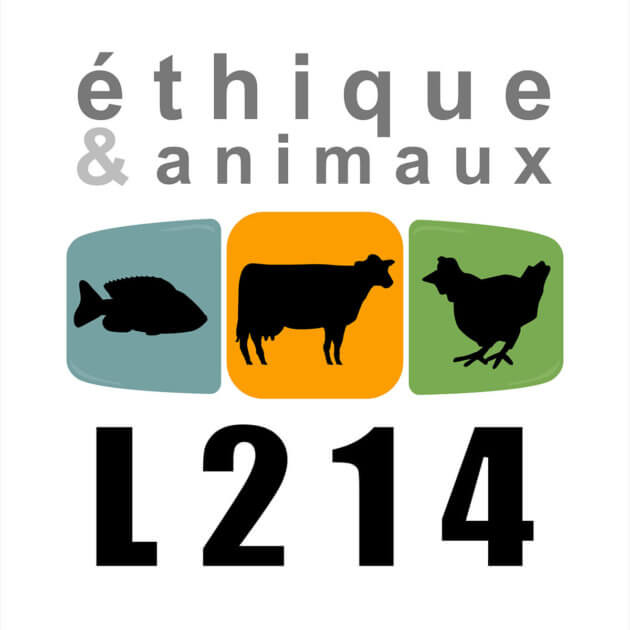
Thanks to the Recommended Charity Fund grant, L214 continued their advocacy for laying hens and successfully influenced 13 additional brands to commit to using cage-free eggs. For instance, they secured a worldwide public commitment from Group Soufflet and from two producers, Le Gouessant and Les Oeufs Geslin. Le Gouessant is one of the largest French cooperatives and one of the largest egg producers in the European Union—in 2017, this cooperative produced 942 million eggs, impacting 3 million laying hens. Les Oeufs Geslin produces 628 million eggs per year, impacting 2 million laying hens. The number of cage-free companies operating in France now amounts to 146.
L214 is currently campaigning to get a cage-free commitment from the biggest French egg producer, Groupe Avril. As a part of this campaign, they released an undercover investigation which garnered significant media attention.
Nonhuman Rights Project
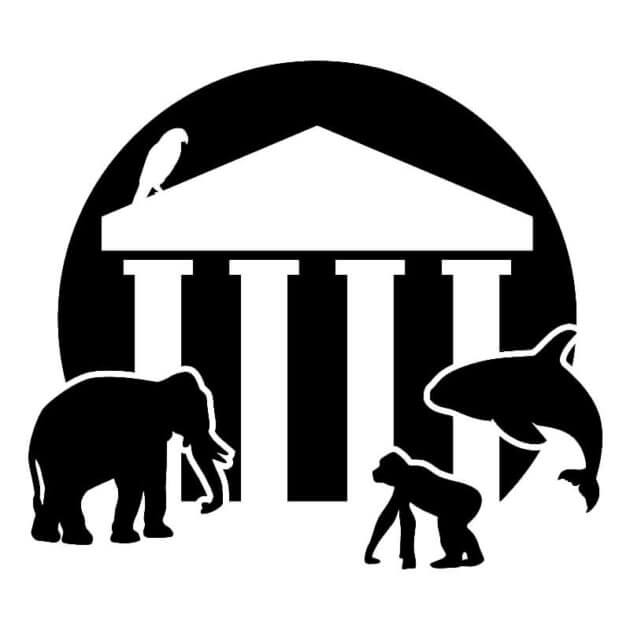
The Nonhuman Rights Project’s mission and work rests on the principle that our legal systems need to catch up to what science and human experience tell us about nonhuman animals. They used their grant from the Recommended Charity Fund to support their ongoing litigation efforts as they work to secure the rights of autonomous animals such as great apes and elephants who think, feel, and suffer just as humans do.
Corporations are legally considered “persons” with rights, yet they neither think nor feel nor suffer. Meanwhile, animals are treated as “things” without any fundamental rights. Thanks to support from the Recommended Charity Fund, the Nonhuman Rights Project has been able to use their persistence and bold approach to change hearts, minds, and the legal status quo. For example, a New York high court judge wrote in 2018 that “[t]here is no doubt that [a chimpanzee] is not merely a thing,” indicating that a shift may be occurring in how animals are perceived both legally and socially.
Open Cages
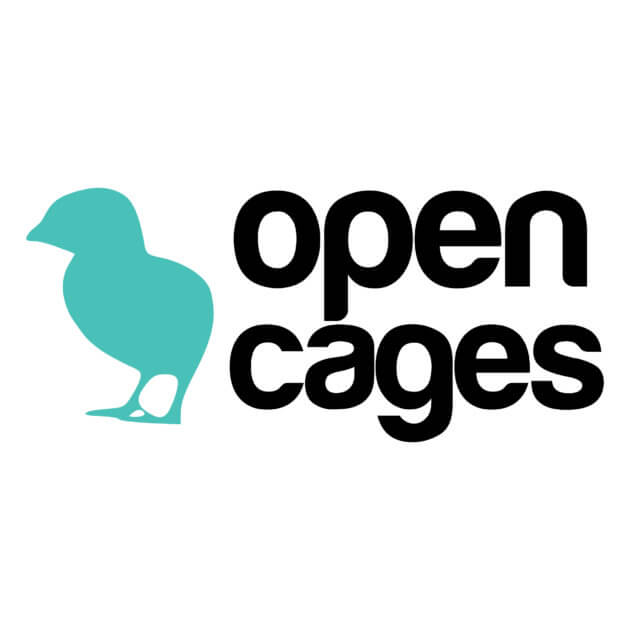
Open Cages used their grant from the Recommended Charity Fund to produce additional materials for their corporate campaigns in Eastern Europe. Open Cages is maintaining pressure on companies to secure cage-free policies—in the last six months, they have obtained important pledges including a policy from one of the top 10 and fastest-growing retailers in Poland. At the same time, they have launched the biggest corporate pressure campaign in Ukraine targeting Auchan, a major global retailer.
Apart from their work to improve hen welfare, Open Cages is also slowly building the public’s awareness of broiler chicken welfare problems in order to strengthen their corporate campaigns. Their recent work in this domain included the release of an undercover broiler chicken investigation which received several million media hits.
The last six months were especially busy for Open Cages because of their merger with Anima, which resulted in the creation of Anima International—an organization focused on advocacy in neglected regions, capacity building, and international campaigns. This current work includes building an online presence as Anima International in order to communicate their efforts to a broader audience.
Proveg International
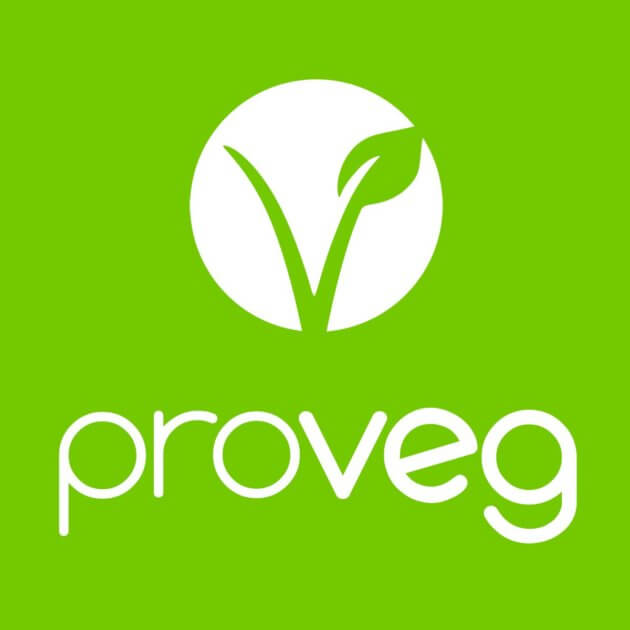
ProVeg International used their Recommended Charity Fund grant to train and expand the activities of their new impact specialist who recently joined their science and research department. He is currently developing a more detailed Key Performance Indicator (KPI) system to increase ProVeg International’s overall impact by extracting more data to inform their strategic decisions.
Vegan Outreach2
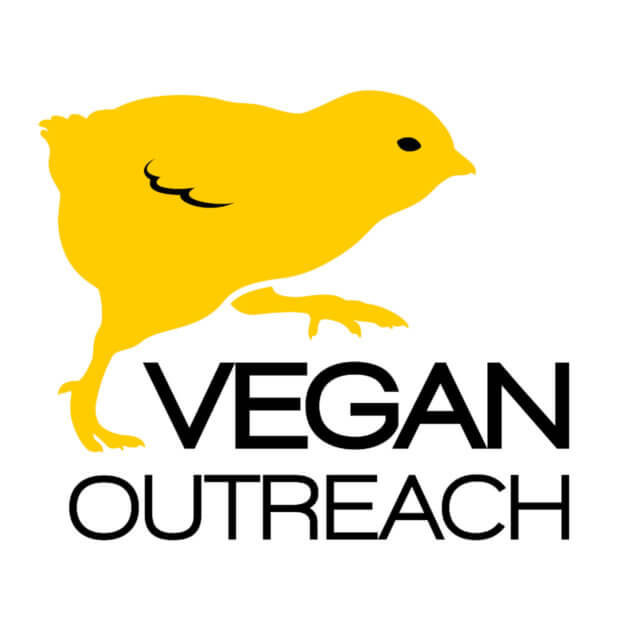
With support from the Recommended Charity Fund, Vegan Outreach designed and implemented a new system to measure the impact of their interventions. They have incorporated a specific call to action into their outreach programs—they now invite people to sign up for their 10 Weeks to Vegan program, a series of ten weekly emails that guides people toward eating vegan by removing and replacing one animal product each week. Tracking the number and sources of sign-ups will enable Vegan Outreach to compare various interventions and to focus more efforts on the ones that are the most effective.
Vegan Outreach also revamped the content of their 10 Weeks to Vegan program in the U.S. and Canada. Since last July they have launched programs in India, Mexico, Australia, and New Zealand. Each program was developed and run by people from those respective countries.
Filed Under: Recommendations, Recommended Charity Fund Tagged With: charity recommendations, recommended charities, recommended charity fund, updates
About Heather Herrell
Heather joined ACE in 2018, continuing her professional career in the nonprofit sector. A lifelong animal advocate and donor, she is committed to creating a more compassionate world for all creatures. Heather is excited to use her fundraising expertise in a context where these skills can help achieve the greatest positive impact for animals.